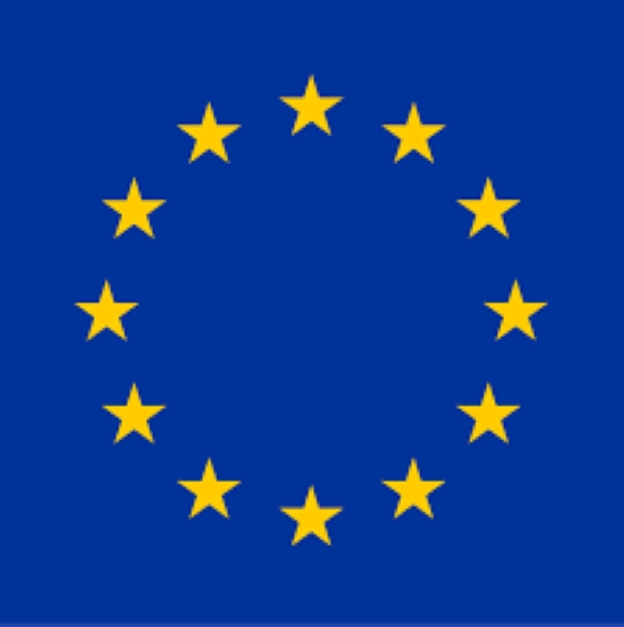Northern Ghana: EU launches €10m project to address food security
 European Union
European Union
The European Union (EU), in collaboration with the Government of Ghana (GoG) and the United Nations' Food and Agriculture Organization (FAO), has launched a 10 million Euro project aimed at assisting vulnerable populations dealing with food insecurity in the northern regions of Ghana.
This three-year EU-funded project, led by FAO, is set to benefit over 50,000 people in Ghana's northern regions. The project has specific goals, including: Establishing more economically sustainable and inclusive food systems: Empowering communities to develop resilient and profitable food production systems.
Enhancing the environmental sustainability of food systems: Promoting practices that protect the environment and conserve natural resources.
Improving the social sustainability and gender responsiveness of food systems: Ensuring equitable access to food and nutrition, with a focus on women and vulnerable populations.
Strengthening governance and institutional sustainability of food systems: Enhancing governance structures to ensure the long-term viability of food systems.
The EU's substantial financial commitment underscores the significance of international solidarity in addressing global food security challenges, exacerbated by Russia's aggression against Ukraine. It reflects a shared dedication to ensuring food security, poverty reduction, and sustainable development in Ghana.
EU Ambassador to Ghana, Irchad Razaaly, remarked, "This 10 million Euro emergency measure has been mobilized in record time and represents the commitment and solidarity of the EU and its Member States in the face of rising food costs and to safeguard food security and transition to more resilient food systems in Ghana."
Yurdi Yasmi, FAO Deputy Regional Representative for Africa and Representative in Ghana, emphasized the joint effort's commitment to rural families in Ghana, ending hunger, malnutrition, and supporting the transition to more sustainable agrifood systems.
The allocated funds will primarily focus on the sustainable development of critical agribusiness value chains, including maize, millet, sorghum, groundnut, vegetables (tomatoes), poultry, and piggery. These initiatives complement the Government of Ghana's ongoing programs, such as Planting for Jobs Phase 2, which aim to mitigate the adverse impacts of rising food, fertilizer, and fuel prices in vulnerable areas, thereby alleviating poverty, hunger, and malnutrition.
Bryan Acheampong, Minister for Food and Agriculture, expressed the government's appreciation for the EU and FAO's support in aligning food systems with nutrition and resilience goals as part of the Planting for Food and Jobs, Phase II program.
Over the course of three agricultural seasons, the EU-funded project aims to support at least 10,000 households, benefiting approximately 6,000 maize farmers, 2,400 millet farmers, and 4,200 sorghum farmers in targeted districts. Capacity-building support, access to post-harvest technologies, and training on climate change adaptation, market access, financial services, and pest and disease management will be provided to women, youth, and value chain actors.
Source: Classfmonline.com
Trending News

Ashanti NDC members protest return of former DVLA regional director
14:24
Ghana revokes diplomatic and service passports of former officials and non-state actors
13:12
MP for Awutu Senya West supports 53 tertiary students with scholarships
11:49
Defence Minister commends Erastus Asare Donkor for anti-galamsey reporting
01:03
DVLA to open six overseas offices to help curb fake Ghanaian licences abroad
11:54
Supreme Court dismisses injunction application against President Mahama in Chief Justice case
12:41
GA/R: Tragic fire claims life of 5-year-old girl at Adjei Kojo Sancity
11:36
National Chairman is attending to some urgent issues in Accra, he will join the tour after that - Justin Kodua
00:19
COCOBOD CEO urges return to core mandate of funding cocoa
11:28
Sam George throws shade at Afenyo-Markin over police assault claims
12:21




